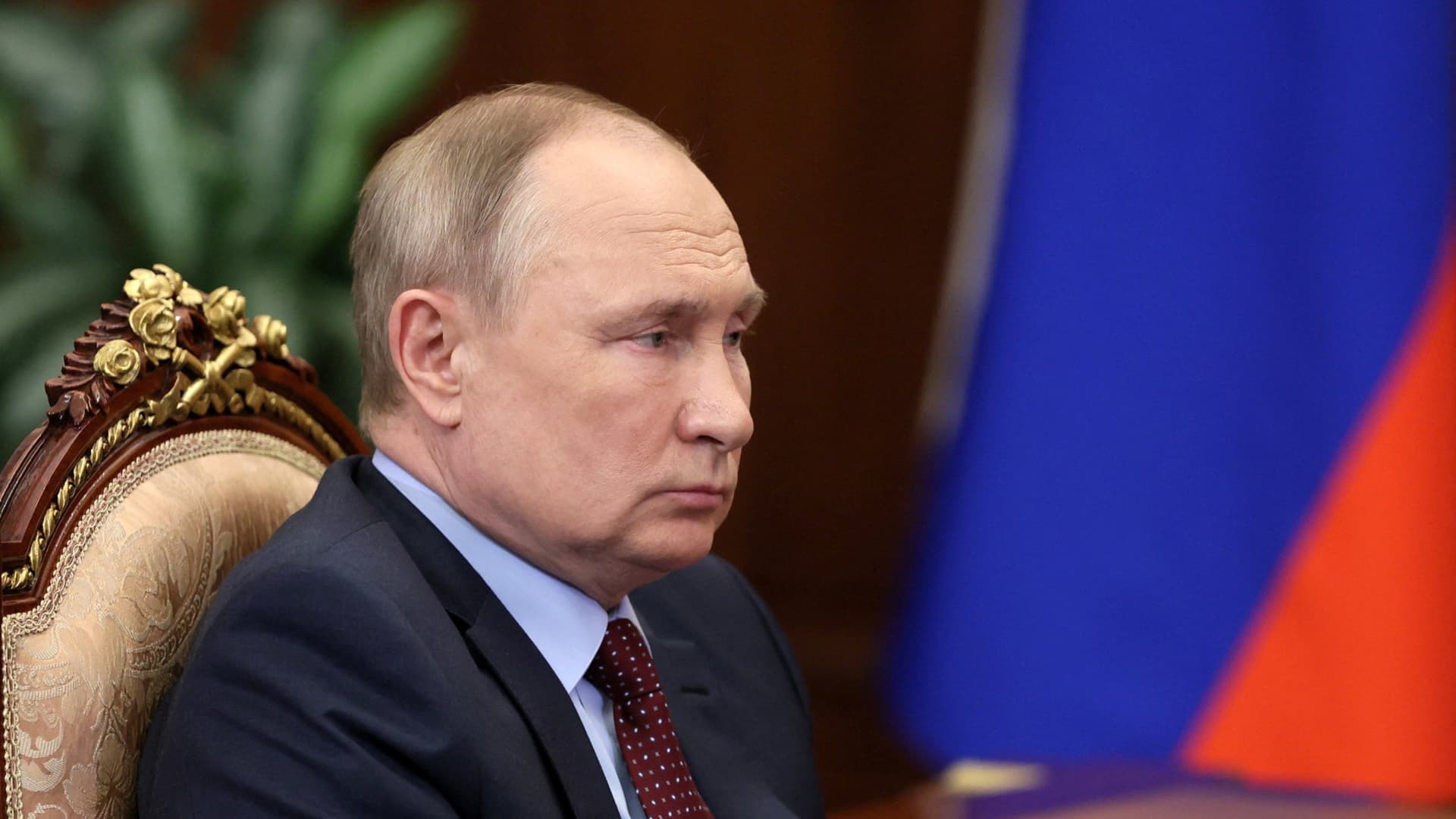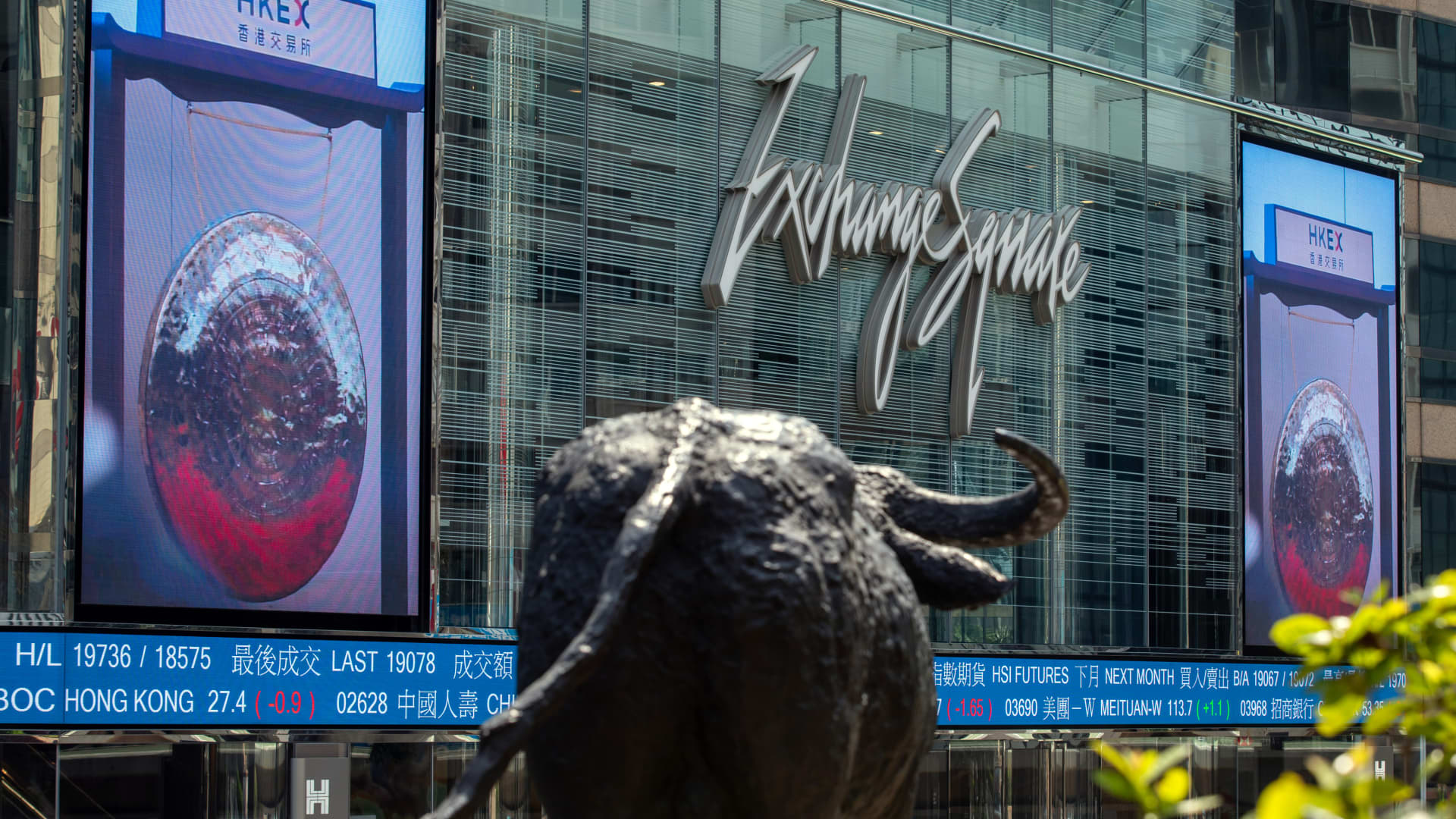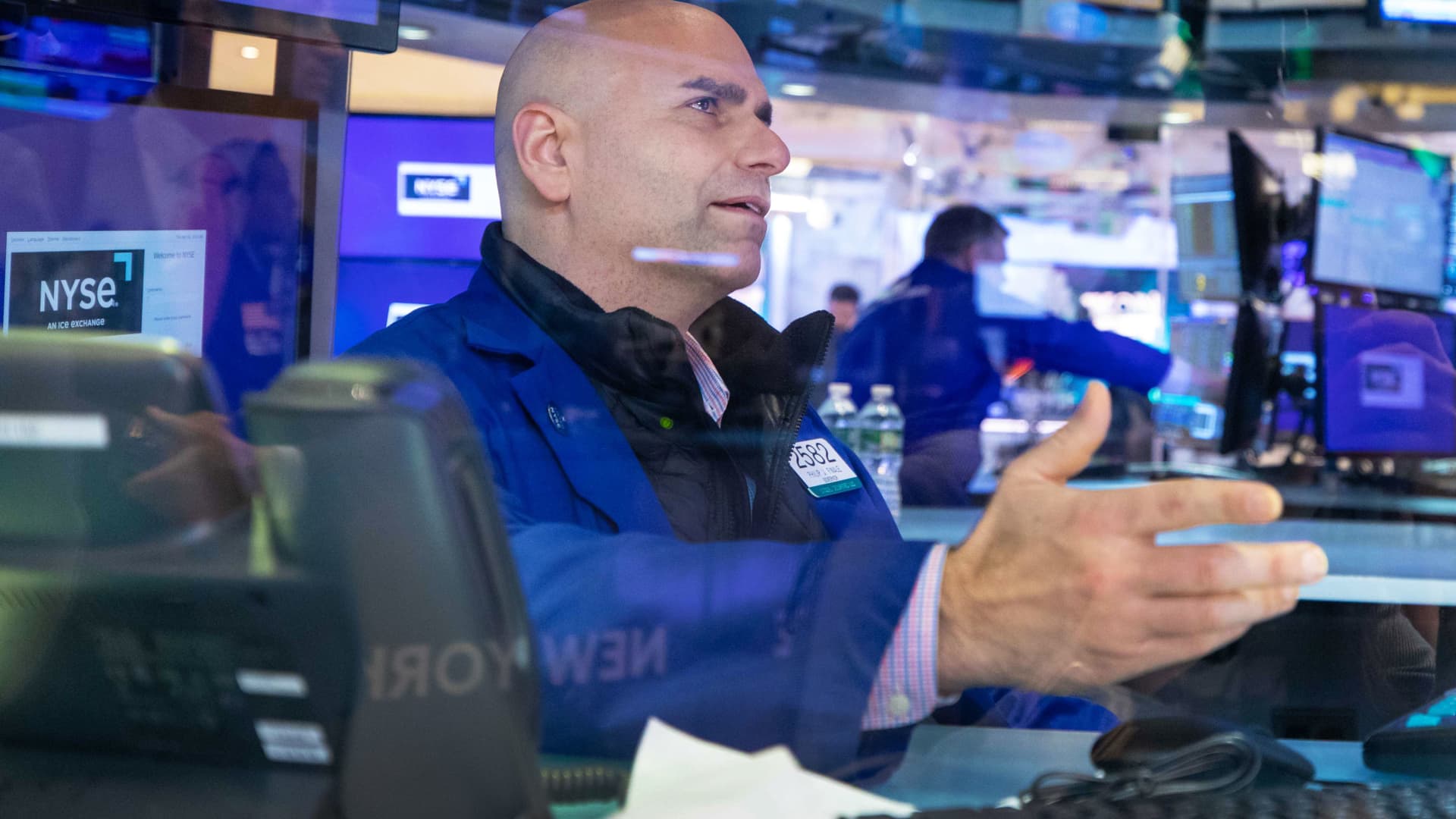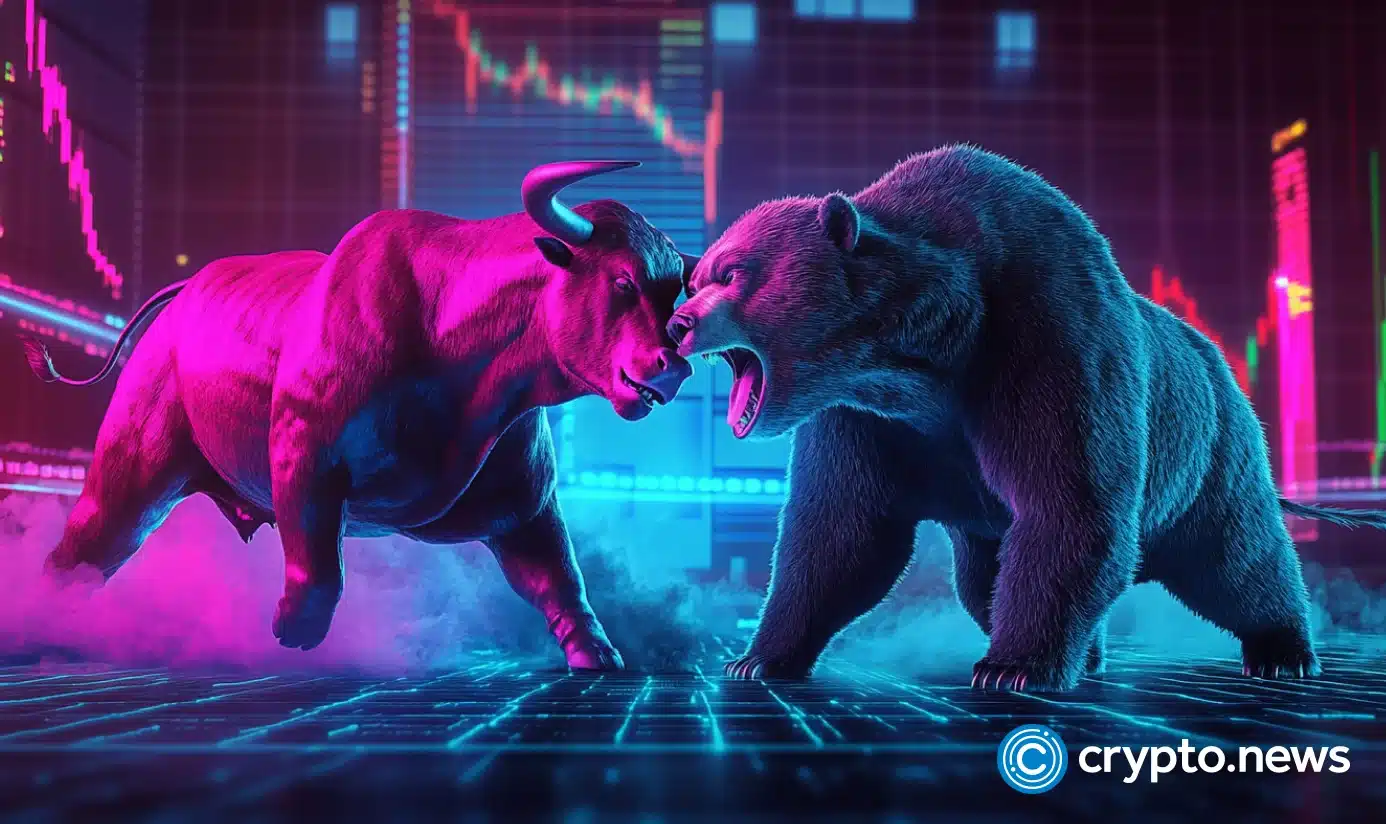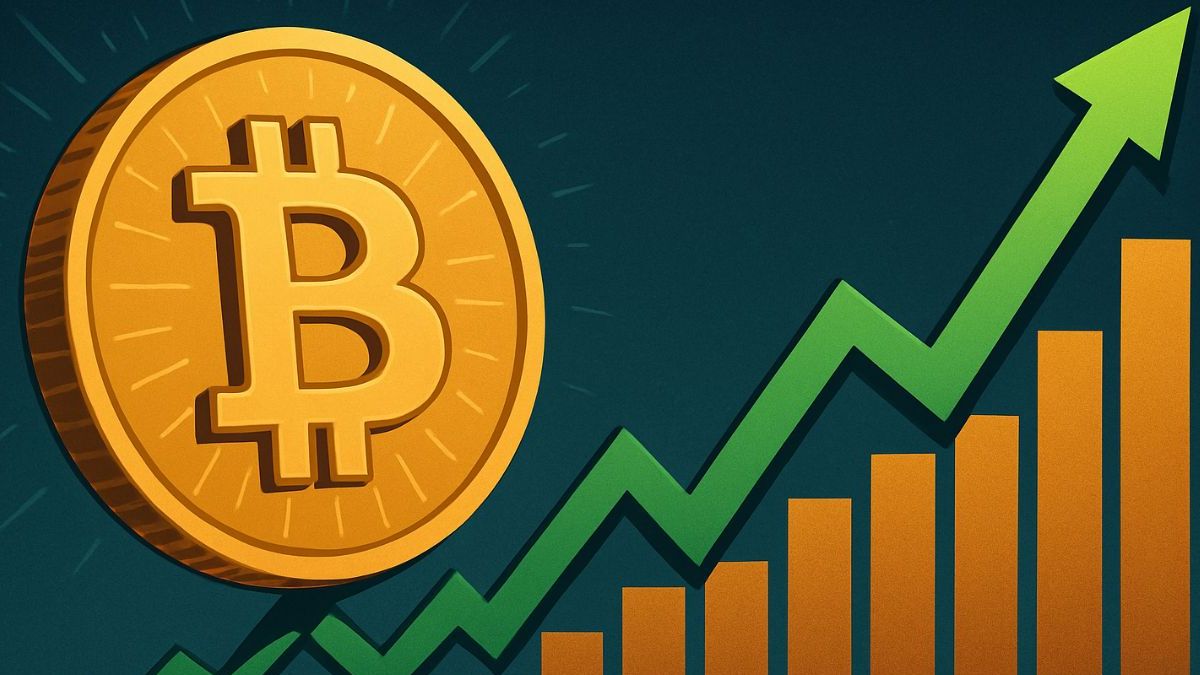China should act decisively to pull 'sputtering' economy back from the brink, says Cornell professor
Beijing doesn't want to send a signal that it is in "panicky mode yet," as policymakers want to show confidence that "they can manage the economic situation."
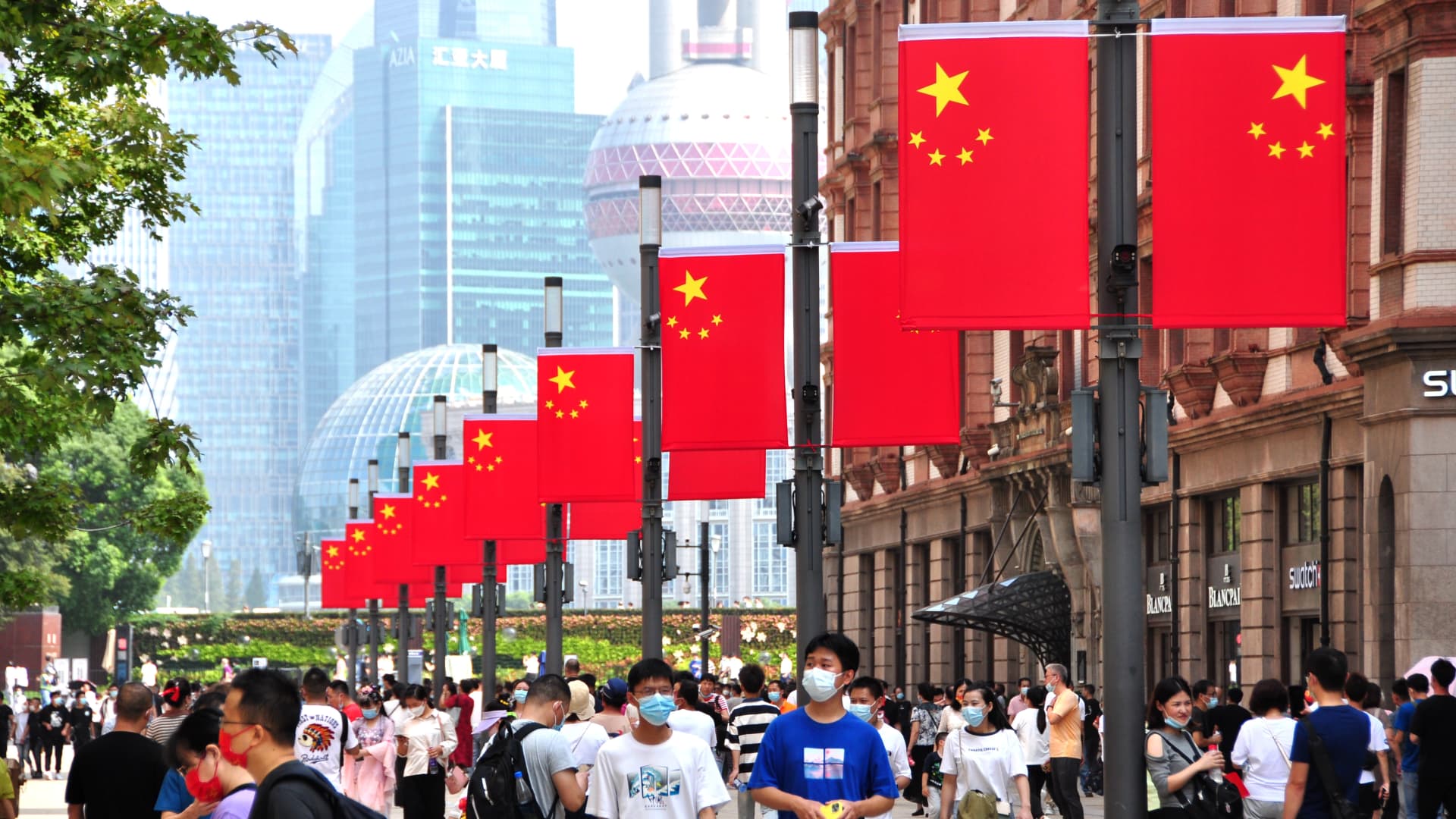
A Nanjing Road pedestrian street on October 1, 2022 in Shanghai, China.
Yan Daming | Visual China Group | Getty Images
China's authorities need to take decisive policy action to pull its "sputtering" economy back from the brink, according to Eswar Prasad, an economics professor at Cornell University.
Beijing doesn't want to send a signal that it is in "panicky mode yet," he added, as policymakers want to show confidence that they can manage the economic situation.
"But the grim reality at this stage, is that it is going to take a fairly broad and decisive policy package with both short-term and long-term measures to pull the economy back from the brink," Prasad told CNBC's "Street Signs Asia" on Tuesday.
Last week, China hinted at moves to "adjust and optimize" policy measures in what the leadership acknowledged as a "torturous" economic recovery.
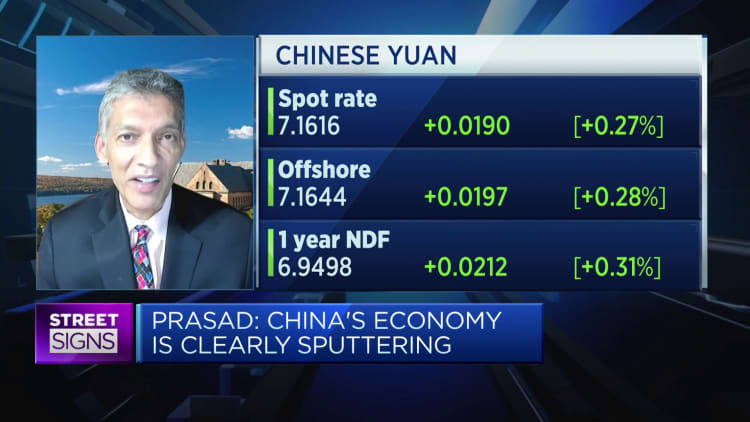
"It certainly looks like the Chinese economy is sputtering after roaring back to life," following the easing of Covid restrictions, said Prasad, a former head of the International Monetary Fund's China division.
"Practically every indicator we've seen in the last few weeks has been quite softish," he added.
Weakening growth
Recent economic data further point to slower growth than expected as China's leaders show little inclination to embark on large-scale stimulus.
On Monday, official data showed China's factory activity contracted for a fourth consecutive month in July, while non-manufacturing activity slowed to its weakest this year as the world's second-largest economy struggles in the wake of soft global demand.
In July, second-quarter GDP rose by 6.3% from a year ago, largely missing the 7.3% growth that analysts polled by Reuters had predicted. The unemployment rate among young people between the ages of 16 to 24 was 21.3% in June — a fresh record.
"The prospect of deflation, both in producer prices and possibly even in consumer prices, is raising real concerns — not just about where the economy is going, but whether policy tools are going to have traction to reverse this loss of momentum," said Prasad.
Social stability concerns
Other economists have also warned that signs of deflation are becoming more prevalent across China. But the People's Bank of China has pushed back on the deflation issue.
China's producer prices fell 5.4% in June from a year earlier and slipped 0.8% from a month ago, according to official data. The annual decline in June was China's ninth consecutive drop and its steepest since December 2015.
Annual consumer price inflation was flat in June — driven by a 7.2% drop in pork prices — missing Reuters' expectations for a 0.2% rise and weaker than the 0.2% rise in May.
As China's economy continues to slow, it means that employment growth "is going to be hurt even more," which raises "some social stability concerns." said Prasad.
"It also means that you're going to have less investment, which is going to affect productivity growth in the future," he added. "That means that future growth prospects are also going to be quite significantly dampened."
— CNBC's Clement Tan contributed to this report

 Konoly
Konoly 







